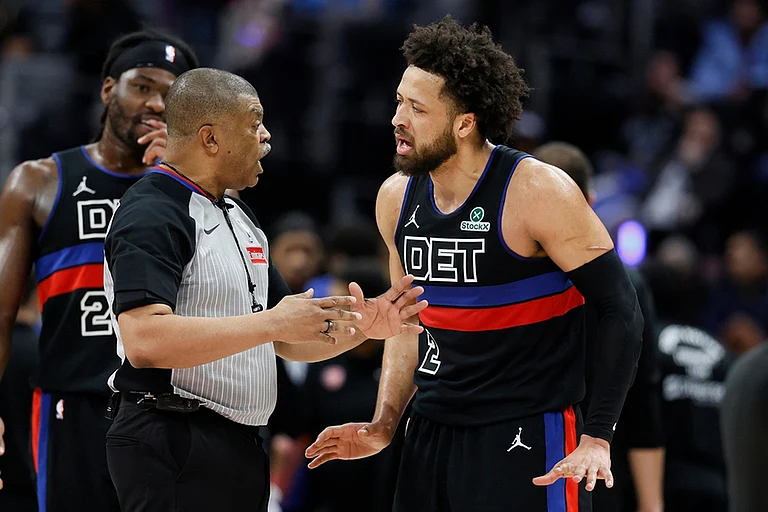Former law enforcement and police officials have expressed concerns over Governor Kathy Hochul's deployment of 750 National Guard soldiers to conduct bag checks in New York City's subway, highlighting the soldiers' lack of training in local policing laws and arrest powers. Despite Hochul's intentions to enhance safety, questions remain about the effectiveness and coordination of the operation.
The deployment of National Guard soldiers to assist in subway security marks an unprecedented move by Governor Hochul amid rising concerns over safety in the city's transit system. However, the decision has sparked debate among law enforcement experts, who question the suitability of soldiers for addressing subway crimes.
Former NYPD commissioner Bill Bratton raises significant concerns regarding the soldiers' preparedness and capabilities. "Are they trained to get into those subway cars to help out with all the safety procedures that the New York City transit police are trained to deal with?" asks Bratton, emphasizing the importance of trained officers in addressing subway crimes effectively.
The soldiers' role in conducting bag checks has been met with skepticism, with experts suggesting that it may not effectively address the underlying issues contributing to subway crimes. Brandon del Pozo, a former NYPD precinct commander, questions the effectiveness of searching bags, stating, "Nobody is carrying a weapon in a bag that’s subject to search." Del Pozo suggests that the focus should be on addressing mental health issues and implementing targeted enforcement strategies.
Moreover, concerns have been raised about the soldiers' ability to respond to routine criminal matters. National Guard soldiers lack arrest powers and are not trained in handcuffing techniques, raising questions about their ability to handle incidents effectively. Rafael Mangual, an author and fellow at the Manhattan Institute, highlights the importance of clarity regarding the soldiers' use of force and adherence to local laws.
The absence of clear guidelines for Guard members in handling subway incidents and communicating with law enforcement agencies further complicates the operation. Law enforcement officials stress the importance of comprehensive planning and collaboration to ensure effective subway safety measures.
While Governor Hochul aims to restore public confidence in subway safety, skepticism persists among law enforcement experts regarding the soldiers' preparedness and ability to address underlying issues contributing to subway crimes. As discussions continue, alternative strategies focusing on enhanced police presence and targeted enforcement are proposed as more viable solutions to combat subway crime effectively.
As the city grapples with concerns over safety and security, the effectiveness of this unconventional approach remains uncertain, prompting calls for careful consideration and evaluation of alternative strategies.





























